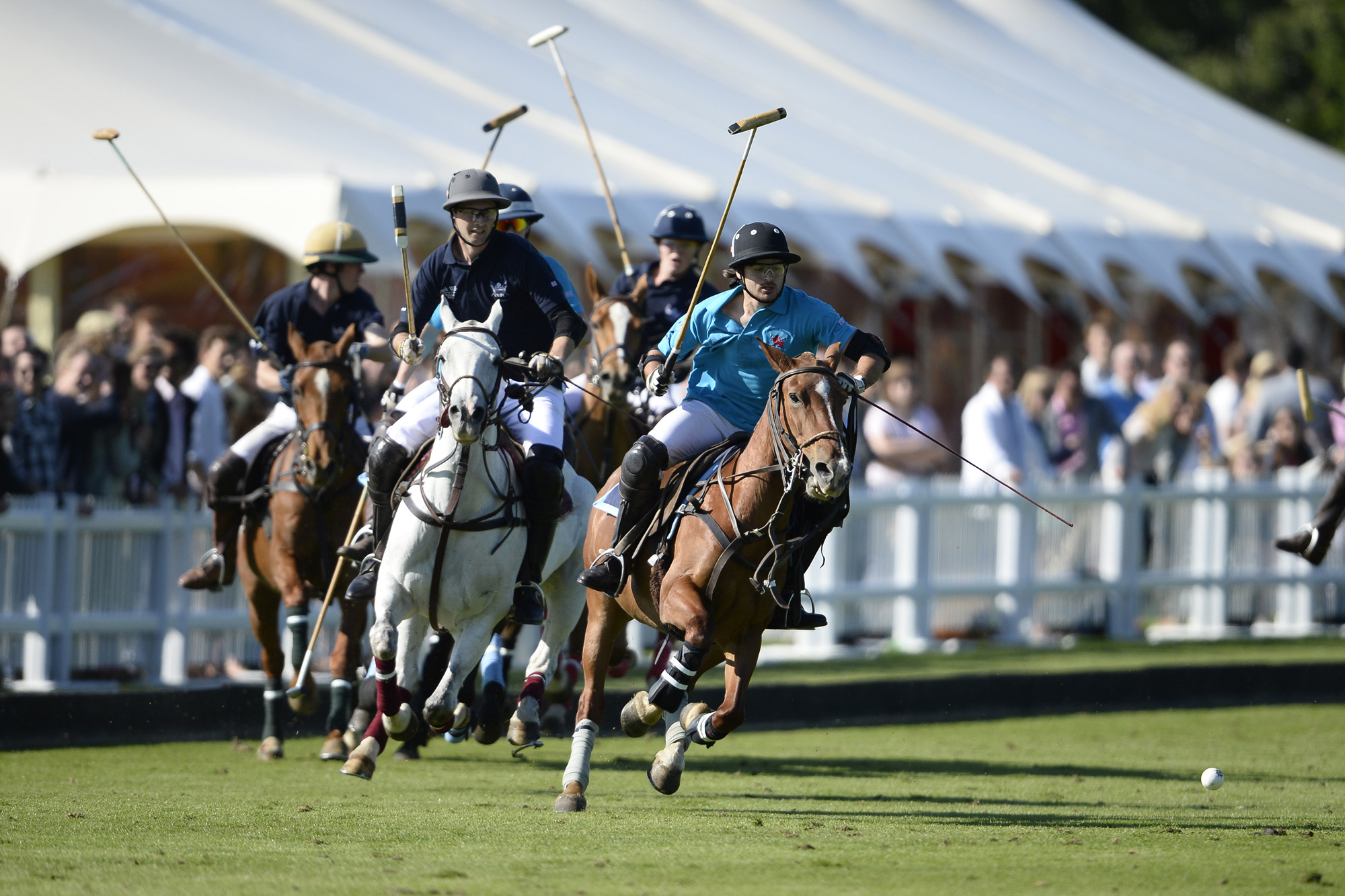How to play polo
- Introduction to Polo
- Understanding Polo Rules: Part 1
- Understanding Polo Rules: Part 2
Understanding Polo Rules: Part 2
Understanding the Role of the Third Man in Polo

Equestrian team sport.
In the sport of Polo, the role of the Third Man, also known as the Referee, is crucial to the smooth running of the game. This unit will delve into the responsibilities, decision-making process, and the importance of the Third Man in Polo.
Responsibilities of the Third Man
The Third Man is an off-field official who assists the two mounted umpires in making decisions during a Polo match. The Third Man's primary responsibility is to make a decision when the two umpires on the field cannot agree on a call.
In addition to this, the Third Man is also responsible for keeping track of time during the game, including the duration of each chukka and the intervals between them. They also monitor the number of fouls committed by each team and ensure that the correct penalties are applied.
Decision-Making Process
The decision-making process of the Third Man is guided by the rules and regulations of Polo. When the two umpires on the field disagree on a call, they turn to the Third Man for a decision. The Third Man reviews the situation, taking into account the positions of the players, the movement of the ball, and any potential fouls that may have occurred.
The Third Man's decision is final and cannot be disputed by the players or the team officials. This ensures that the game continues smoothly without unnecessary interruptions.
Importance of the Third Man
The role of the Third Man is crucial in maintaining the integrity of the game. By making impartial decisions, the Third Man ensures that the game is played fairly and according to the rules.
Furthermore, the Third Man's role in timekeeping ensures that the game progresses at the right pace. This is particularly important in Polo, where the welfare of the horses is a top priority. By strictly adhering to the time limits for each chukka and the intervals between them, the Third Man helps to prevent the horses from being overworked.
In conclusion, the Third Man plays a vital role in Polo, ensuring that the game is played fairly and within the stipulated time. Their impartial decision-making and strict adherence to the rules contribute significantly to the enjoyment of the sport for both players and spectators.